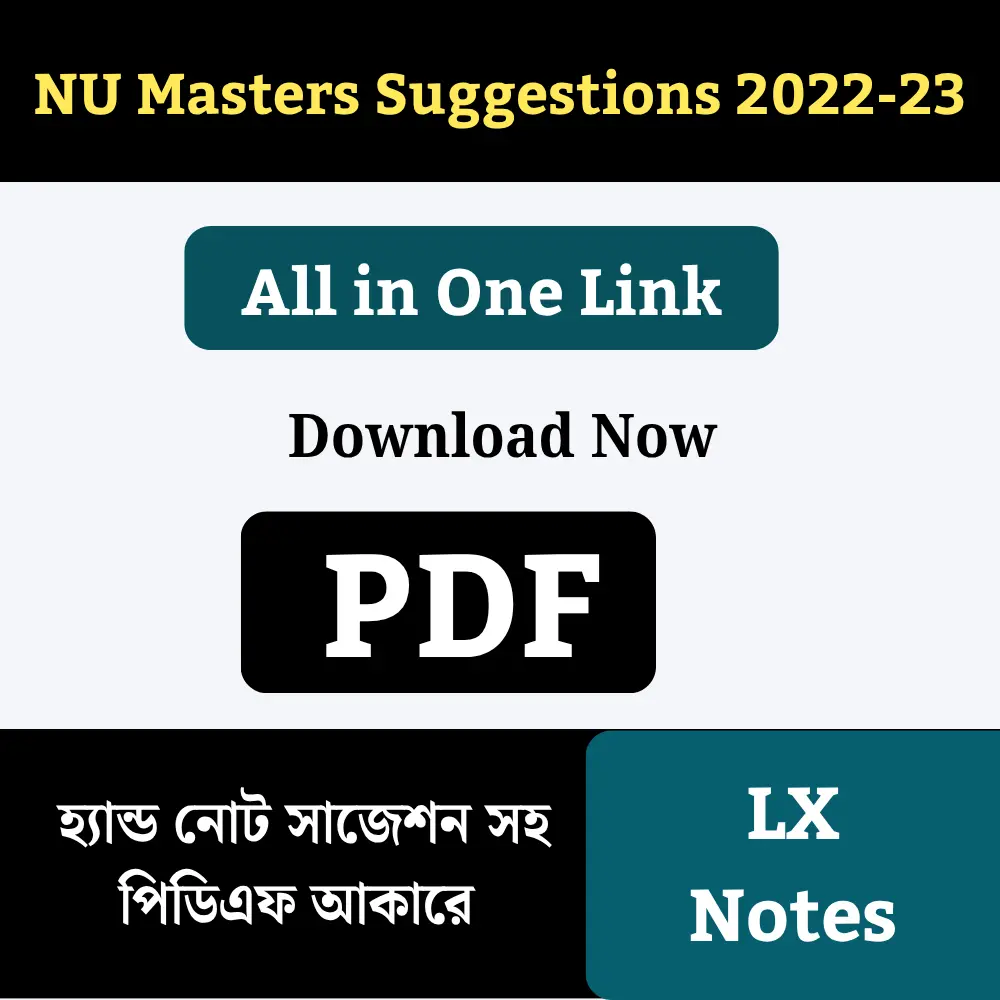Who was Ozymandias? What does he stand for in the poem? In Percy Bysshe Shelley’s (1792-1822) poem “Ozymandias” (1818), we learn about...Continue
What are the purposes of teaching vocabulary?
Vocabulary is the foundation of any language. It plays a crucial role in effective communication. Teaching vocabulary is essential to language learning, as it helps learners communicate effectively and understand the language in various contexts. A well-developed vocabulary enhances all aspects of language learning, including reading, writing, listening, and speaking.
Enhancing Communication Skills: The primary purpose of teaching vocabulary is to enable learners to express their thoughts, ideas, and emotions clearly and effectively. A strong vocabulary allows learners to converse, express opinions, and interact in different social and academic situations.
Improving Reading Comprehension: A rich vocabulary is crucial for understanding written texts. Learners with a broader vocabulary are better equipped to comprehend stories, articles, and other reading materials. It improves their language proficiency.
Supporting Writing Skills: Teaching vocabulary helps learners enhance their writing abilities. A varied and precise vocabulary allows them to express ideas more creatively and accurately. It improves their writing performance in essays, reports, and other written tasks.
Building Listening and Speaking Proficiency: Vocabulary knowledge is fundamental for understanding spoken language and participating in conversations. Learning new words allows learners to follow discussions, respond appropriately, and engage in meaningful dialogues.
Developing Critical Thinking: A strong vocabulary enables learners to understand complex concepts and engage in higher-level thinking. It allows them to analyze, evaluate, and synthesize information more effectively and enhances their problem-solving and decision-making skills.
In Conclusion, the purpose of teaching vocabulary extends beyond mere word recognition. It empowers learners to communicate, comprehend, and think critically in the target language. A well-rounded vocabulary program supports all language skills and helps learners achieve greater fluency, accuracy, and confidence in their language use.
Recent articlesArticles

NU Masters Suggestions 2022-23 Chaucer Part -A Brief Questions in “The General Prologue to The Canterbury Tales” Brief question in “The Nun’s...Continue
What is the difference between competence and performance? Competence and performance are two important ideas in language. Competence means knowing a language....Continue




